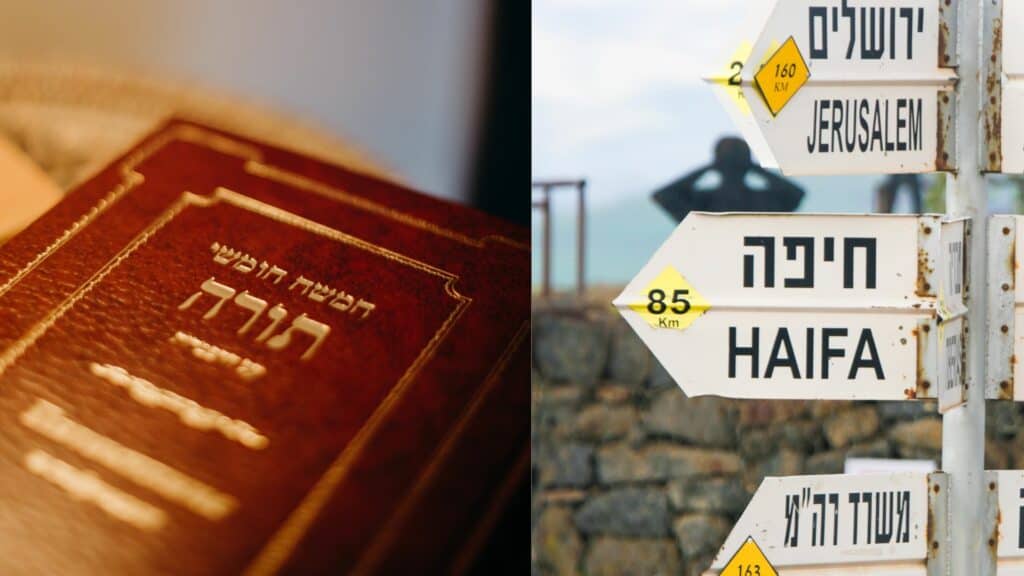What’s the Difference Between Biblical and Modern Hebrew?
Do you ever wonder about the difference between Biblical Hebrew and Modern Hebrew? Biblical Hebrew was the language used in the ancient world, about three thousand years ago. It was spoken in the land of Israel in Biblical times. Modern Hebrew is the language used in Israel nowadays.
As the world changes, languages evolve. The first change that may occur is the emergence of new words. Any modern language has far more words than its predecessor had in the past. There are around 8,000 Hebrew words in the Bible, while Modern Hebrew has over 100,000 words. There is also a need to express more contemporary ideas and speak of things that did not exist in biblical times. Today we need to talk about computers, phones, airplanes, cars, electricity, and a million more things that didn’t exist in the past.
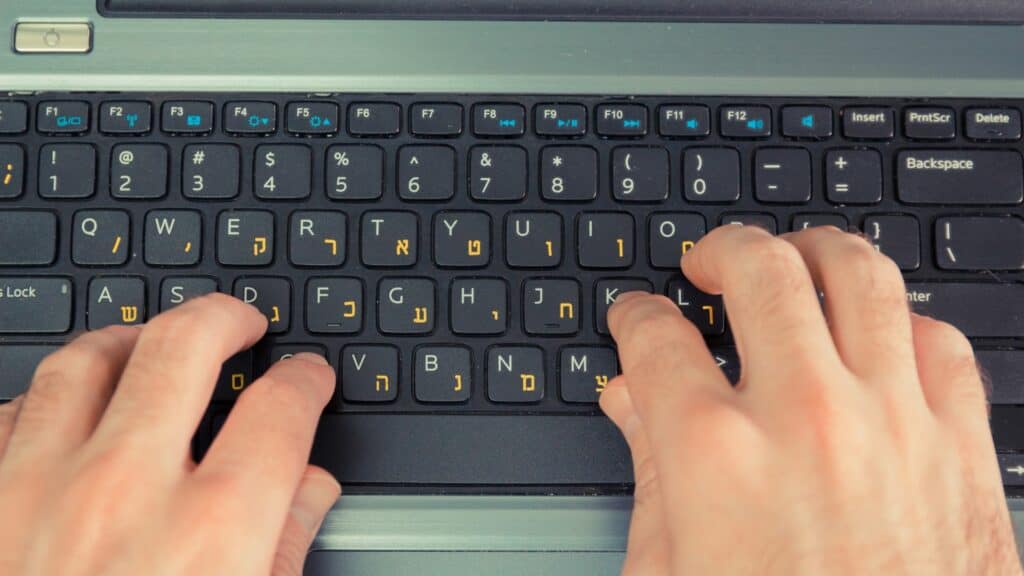
Modern Hebrew has a core vocabulary that largely comes from its Biblical Hebrew roots. A great many nouns and verbs that existed in the days of the Bible are still used today, just as they were then. However, there are also a number of words that are not used in Modern Hebrew, and some that are used differently.
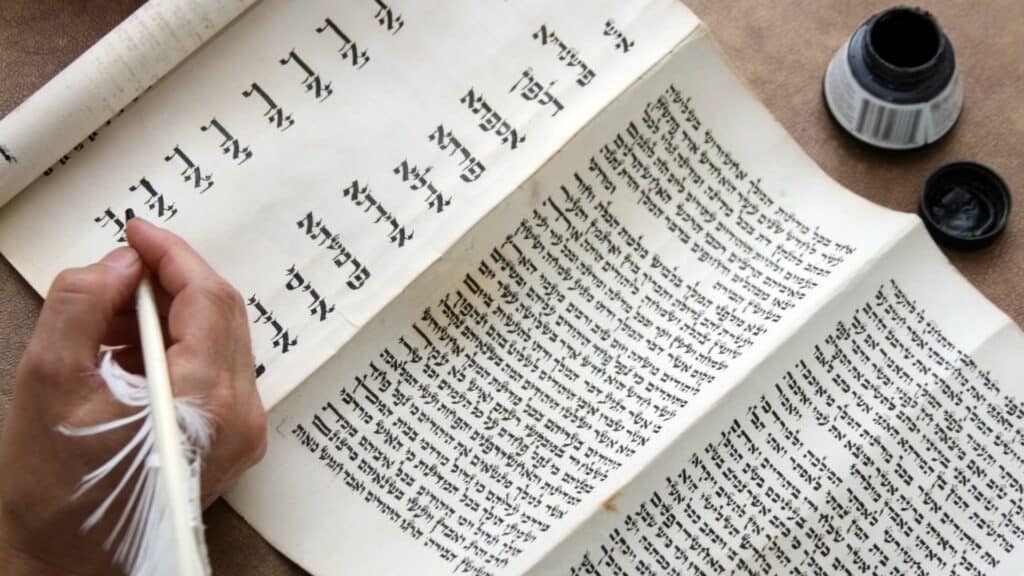
Biblical Hebrew
Biblical Hebrew has been around since the 10th century B.C. The ancient language was not only used by the Hebrew people to communicate, but it was the language of choice for recording their history. This is how the Hebrew Scriptures and the Bible came to be. But over time, when the Roman Empire took over, Biblical Hebrew evolved and changed beyond recognition. This was because many Jews were exiled to different countries, which resulted in their language mixing with others and forming new dialects.
Studying Biblical Hebrew isn’t just about studying an ancient language, it’s about studying a language that was used for a specific type of literature—the Bible. When you study Biblical Hebrew, you’re studying a language that was carefully crafted for a specific purpose. And that purpose is to read the Bible in its original language.

Modern Hebrew
Hebrew did not evolve naturally over time like other languages. For many years, it was a “dead” language used only for studying the Bible, literature, and liturgy.
However, Hebrew experienced a revival in the 19th century. A Russian scholar by the name of Eliezer Ben-Yehuda came over to Palestine with a wave of immigrants leaving the Pale of Settlement in Eastern Europe. He was passionate about the idea that Hebrew was the only language capable of uniting the Jewish people in a Jewish homeland and became determined to make Hebrew the language of the land. Ben-Yehuda and his wife promised each other that they would never speak any language but Hebrew from that day forward. It wasn’t always easy to keep that promise.
Most of the immigrants spoke Russian, Polish, or Yiddish, and Hebrew was the holy tongue of the Torah. This caused some Orthodox Jews to strongly object to hearing the language of the Torah being used for things like, “Go clean the cattle barn.”
There were times when they barely had enough food to eat. And their kids often had no one to play with because not many people spoke Hebrew. When Eliezer’s wife died, she wasn’t even allowed to be buried in a Jewish cemetery. But Eliezer and his family never gave up on their dream.
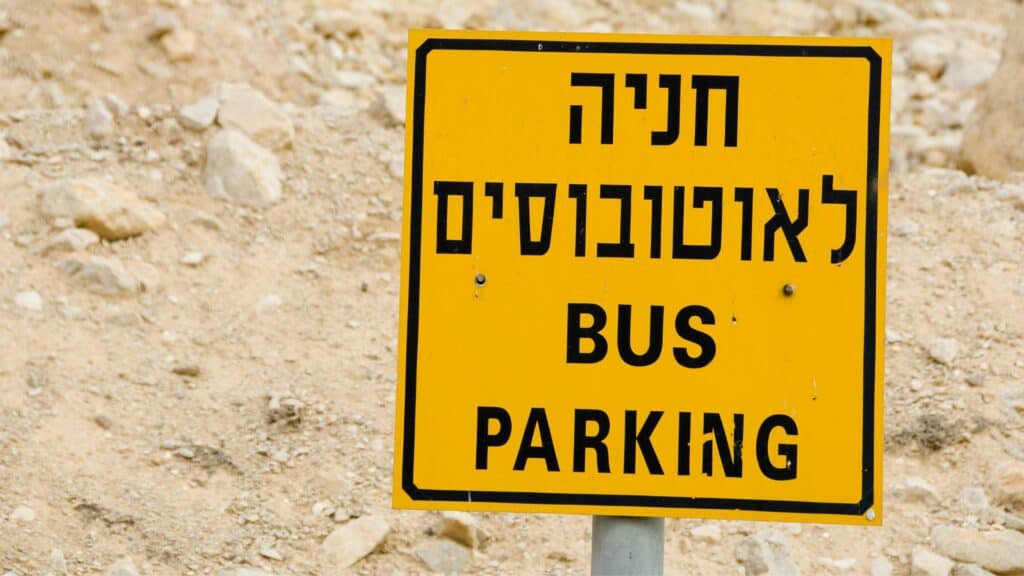
Hebrew was an ancient language with no words for many aspects of modern life, like “television,” “cellphone,” “bank,” or “bus.” Eliezer compiled a dictionary of Hebrew words to make the language more usable in everyday life. Thanks to Eliezer and other people who shared his dream, Hebrew began to be taught in schools. And when immigrants came to Israel from all over the world, the Hebrew language was one of the things that united them as one people.
Hebrew became the official language of Israel. Today, Modern Hebrew is used for many purposes. You’ll be able to converse, watch TV, use the internet, and read any modern texts.
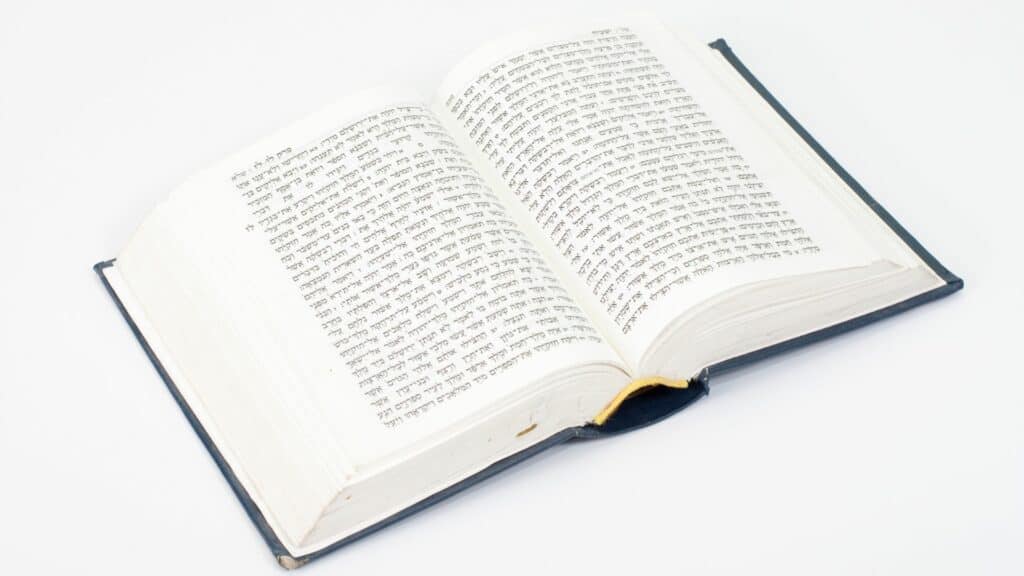
Should You Learn Biblical Hebrew or Modern Hebrew?
If you would like to have a conversation with a Hebrew speaker or plan on visiting Israel, I highly recommend learning Modern Hebrew. You can do so on apps like Duolingo. However, if you would like to learn how to read Hebrew from the Torah or plan to become a member of the clergy at a synagogue, then Biblical Hebrew is a great place to start. I learned Modern Hebrew during my college language classes and Biblical Hebrew when I went to cantorial school.
Do you have more to add to the conversation about Biblical Hebrew vs Modern Hebrew? Are there any other Hebrew concepts that you would like to learn more about? Let us know in the comments below! And don’t forget to check out these other posts on the BMA blog:
What is the Hebrew Word For…? 25 Significant Words to Know
The 25 Most Significant Jewish Symbols Explained
Handwritten Hebrew Alphabet: Learn Hebrew Cursive and Print

